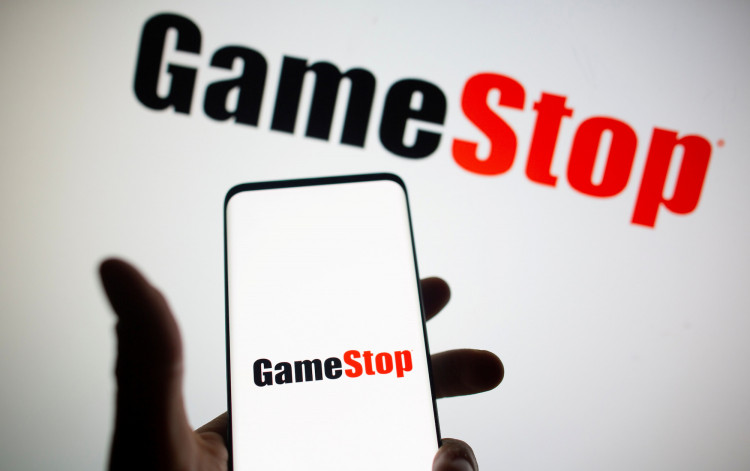GameStop shares surged as much as 22% on Tuesday following the announcement that the video game retailer had raised nearly $1 billion through its latest equity offering. This dramatic increase in stock price reflects the ongoing investor enthusiasm for meme stocks, which are driven by online buzz rather than traditional market fundamentals.
The company's shares opened at approximately $23, significantly lower than the near-$65 peak reached earlier in the month during a brief meme rally. Despite the drop from earlier highs, Tuesday's stock performance underscores the market's volatility and the potent influence of social media on stock prices.
"If this were a normal market, people would be a little freaked out," said Steve Sosnick, chief strategist at Interactive Brokers, in an interview with Yahoo Finance. He further noted, "You don't sell stock into the market if you think your stock is undervalued. You do it when you think your stock is overvalued."
GameStop, which has been a heavily shorted stock with short interest just above 21% of the float, took advantage of the mid-May meme rally by selling 45 million shares. This move brought in approximately $933 million, as stated in a company press release. The proceeds are intended for general corporate purposes, which may include acquisitions and investments.
The equity offering was initially announced on May 17, coinciding with the release of the company's preliminary financial results. This announcement led to a sharp 30% decline in share price on that day. However, some Wall Street analysts viewed the stock sale as a prudent move given GameStop's financial struggles. The company's most recent earnings report highlighted a significant decline in quarterly sales compared to the same period the previous year.
The timing of GameStop's stock sale mirrored a similar strategy by another meme stock, AMC Entertainment. The theater chain raised $250 million earlier in the month by selling 72.5 million shares. AMC shares saw a modest increase of more than 2% on Tuesday.
GameStop's stock rally began on May 13, following the reemergence of the social media account "Roaring Kitty," credited with initiating the 2021 meme stock frenzy. This online presence reignited investor interest and led to a substantial rise in GameStop's share price.
By Friday, GameStop announced that it had generated close to $933.4 million through the sale of 45 million common shares. The company did not specify the exact price at which the shares were sold, noting only that the transaction was an "at-the-market" offering, meaning shares were sold at prevailing market prices rather than a predetermined rate.
The resurgence of the meme stock craze saw GameStop shares reach a high of $64.83 on May 14, representing a more than 200% increase from the May 10 closing price. However, the stock quickly corrected, closing more than 50% down from its peak just days later, on May 16.
The surge in GameStop's stock price is a testament to the powerful impact of retail investor enthusiasm, particularly when amplified by social media platforms. This phenomenon has led to significant gains for companies like GameStop and AMC, despite their underlying financial challenges.






